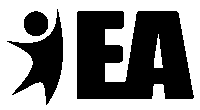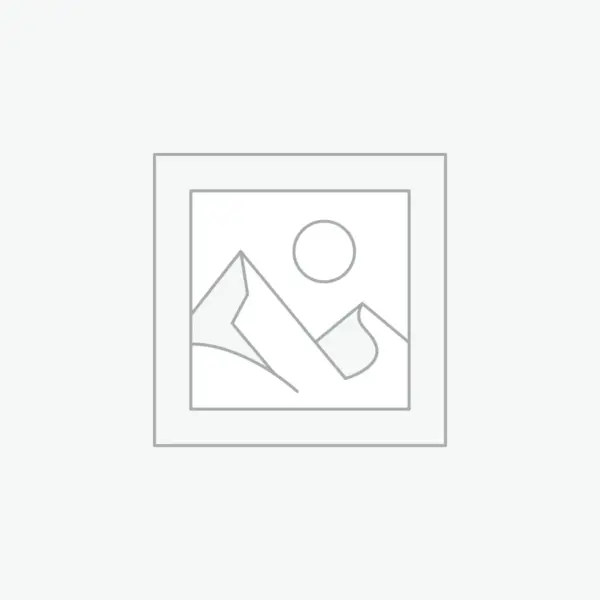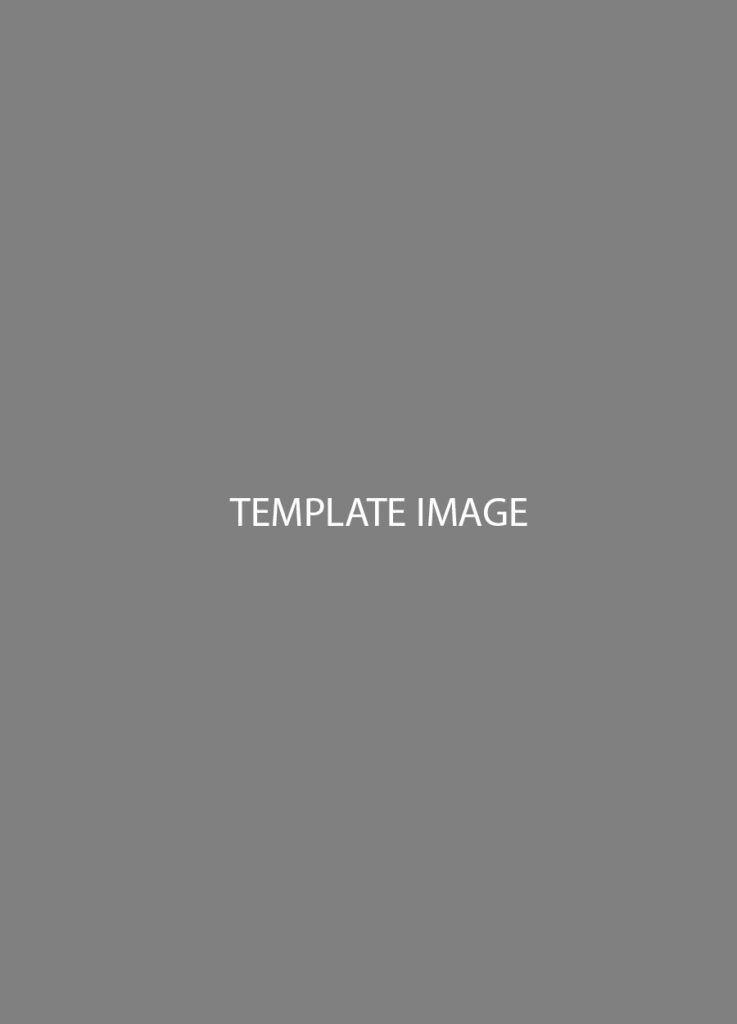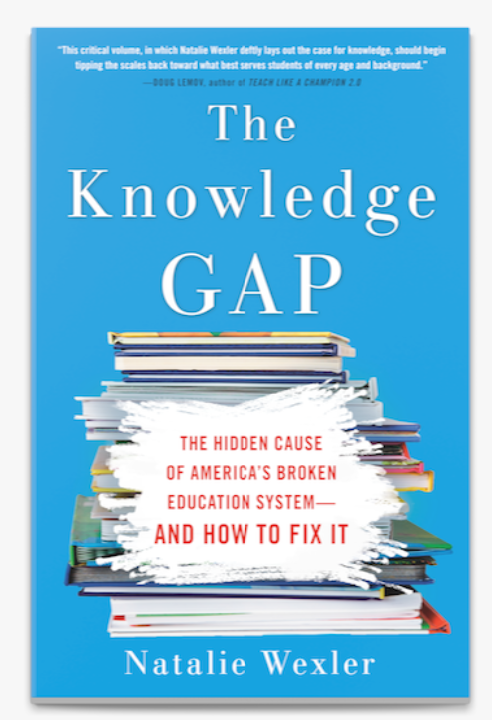
“Without knowledge, even the strongest reading skills can’t help students understand what they read.” Natalie Wexler
Closing The Knowledge Gap: A Call for Knowledge-Rich Instruction
Natalie Wexler’s The Knowledge Gap offers a compelling examination of one of the most pressing challenges in education today: the persistent gap in reading comprehension and achievement among students. Wexler highlights a central truth that many classrooms overlook—reading is not merely about mastering isolated skills such as “finding the main idea” or “making inferences.” Rather, true comprehension depends on a student’s background knowledge and vocabulary, both of which provide the context necessary to make sense of complex texts.
For years, schools have leaned heavily on skills-based instruction and standardized test preparation, often at the expense of building content knowledge in areas such as history, science, literature, and the arts. Wexler illustrates how this approach disproportionately impacts students from less advantaged backgrounds, who often depend on schools as their primary source of exposure to rich content. Without systematic opportunities to develop background knowledge, these students are at a significant disadvantage compared to their peers who may acquire such knowledge at home or through experiences outside of school.
What makes Wexler’s work particularly powerful is the way she weaves research with real classroom examples, offering both urgency and hope. She underscores that equity in education cannot be achieved by drilling reading skills alone; it requires a shift toward knowledge-based curricula that intentionally build students’ understanding of the world while also developing literacy. This approach not only improves reading comprehension but also empowers students to think critically, engage meaningfully with content, and broaden their opportunities for future success.
The message is clear: to narrow achievement gaps, schools must prioritize knowledge-rich instruction from the earliest grades. The Knowledge Gap serves as both a wake-up call and a roadmap, challenging educators and leaders to reimagine literacy instruction in ways that truly prepare all students to thrive.
Little Tidbits
Author – Jan Brett
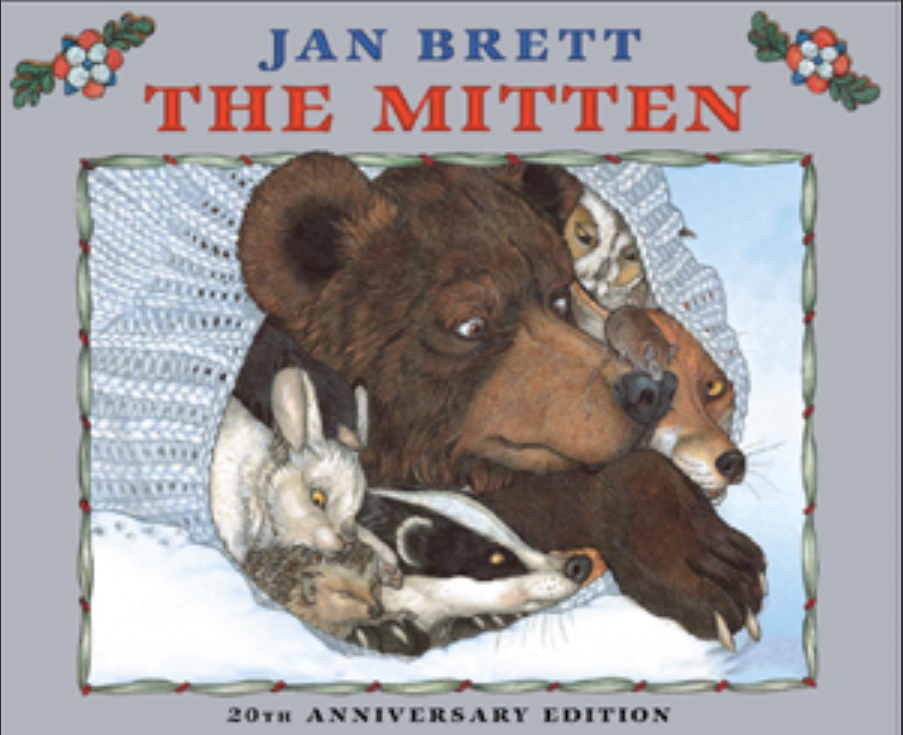
Jan Brett’s beautifully illustrated stories, like The Mitten, enrich classroom learning through cultural depth, vivid detail, and timeless themes. Her intricate artwork supports comprehension and inspires curiosity. Teachers can extend learning with activities like retelling The Mitten, helping students practice sequencing, prediction, and storytelling while fostering a love of reading.
